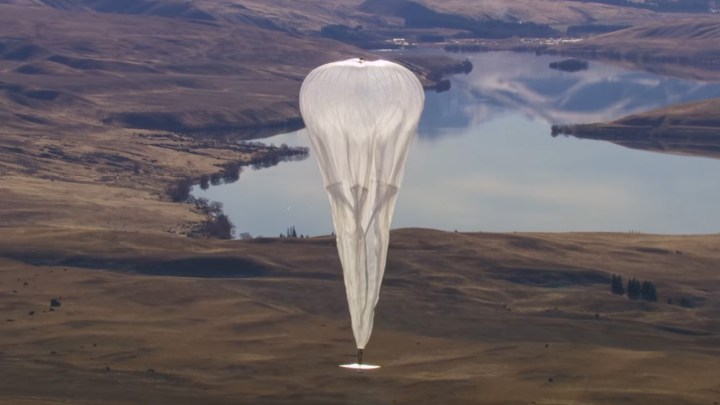
The decision was announced in a series of tweets by Matthew Berry, who serves as Chief of Staff to FCC chairman Ajit Pai.
BREAKING: FCC issues experimental license to Google to provide emergency cellular service in Puerto Rico through Project Loon balloons.
— Matthew Berry (@matthewberryfcc) October 6, 2017
Kudos to FCC staff for quick work approving Google’s application to provide emergency cellular service to Puerto Rico through Project Loon!
— Matthew Berry (@matthewberryfcc) October 6, 2017
Alphabet has already successfully deployed its Project Loon balloons over Peru, where they were able to provide LTE coverage following the country’s recent flood. The balloons were able to rely on a telecom provider that beamed its signal to the balloons. The company will be working from scratch in Puerto Rico, but the hope is that the balloons will be able to help restore cell service, including LTE data, to the island’s inhabitants.
The balloons will act as replacements for the island’s destroyed cell towers, but they can only transmit the data. It is unclear if the island’s telecommunications industry currently has the means to assist Alphabet, but the industry is willing to try. In its FCC application, Alphabet included letters and emails from eight of the island’s carriers, in which they gave consent for Google to access their frequencies and data.
Thirty Loon balloons will be deployed 20 kilometers (about 12 miles) above the planet’s service. Each balloon will be able to service a radius of 1,930 square miles, so Alphabet is expecting that it will be able to provide service to the entire island of Puerto Rico, along with parts of the Virgin Islands.
Alphabet has not said when the deployment would begin, but a spokesperson told Wired that “we sorting through a lot of possible options now and are grateful for the support we’re getting on the ground.”
Alphabet isn’t the only tech company coming to the aid of Puerto Rico. The island’s governor has requested that Tesla CEO Elon Musk help restore the island’s electrical grid. The company has already deployed hundreds of power wall batteries to the island.
Editors' Recommendations
- Google’s Project Starline is a magic mirror to bring 3D video chatting to life
- Alphabet’s Loon balloon sets new record for longest stratospheric flight


